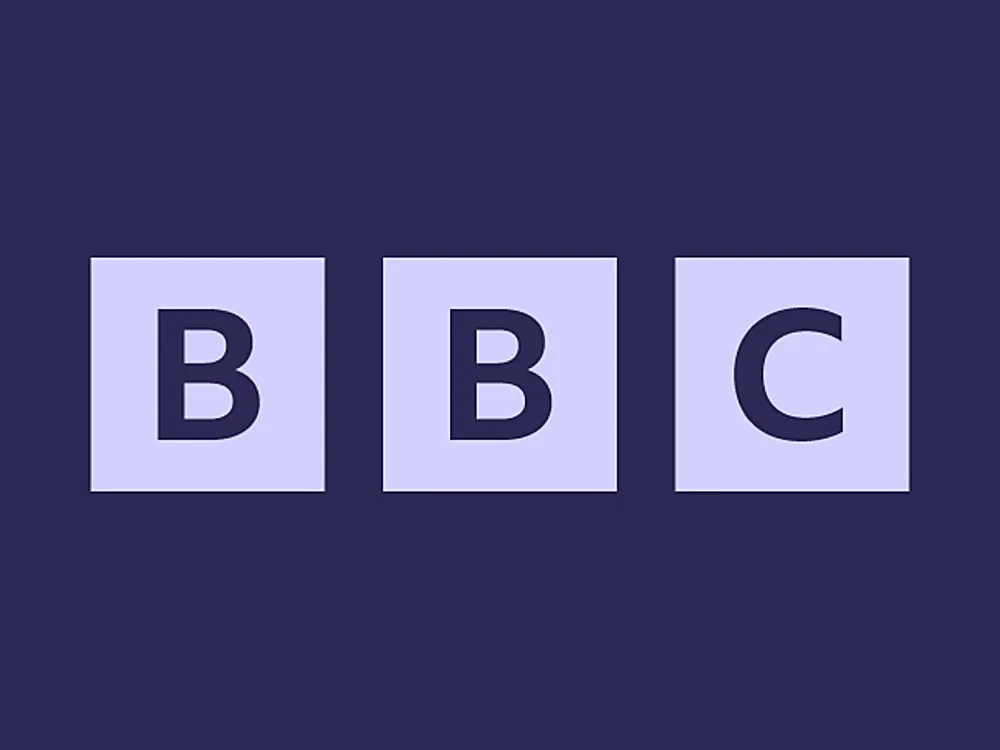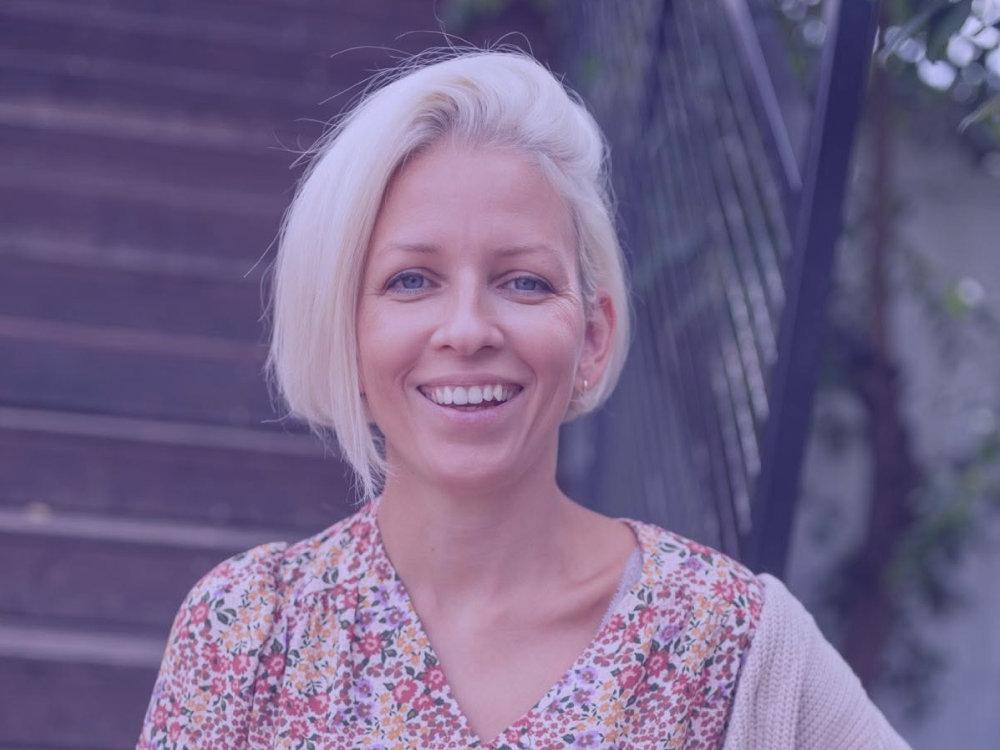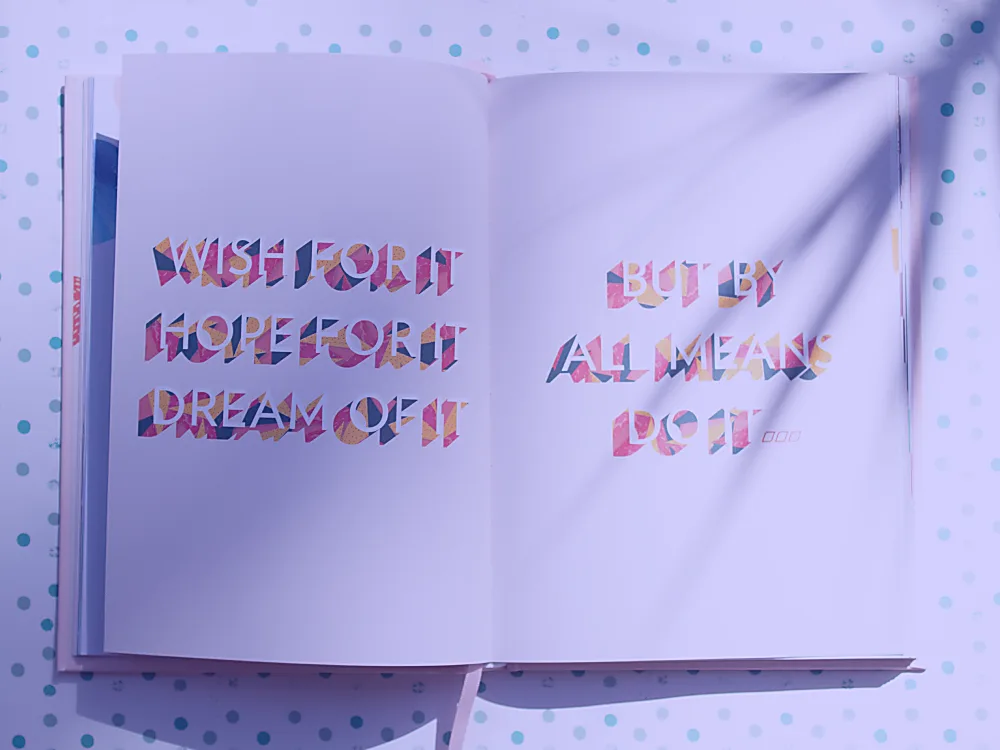Table of contents
The British Broadcasting Corporation (the BBC) is a powerhouse in the world of media. It was founded in 1922 and has been producing content ever since.
It started with radio and branched out into television and movies. Early in the Internet age, it began producing web content including articles, English lessons, podcasts, videos and news on demand.
With all of this content available, the BBC is a powerful tool for learning English, no matter your age or level of proficiency.
But with so much content, you may not know where to begin. Don’t worry, we have curated the best content for you and your guided tour begins right now!
1 The BBC Website
Let’s begin with the BBC website. It’s our starting point for almost all of the activities listed here. You can find it at www.bbc.com. If you’re an Anglophile and you would like to see the UK version, you can find it at www.bbc.co.uk.
Head to the BBC homepage and you’ll see lots of articles with new ones added every day from everything from news to sport.
Each article has a short description before you click on it, so you can choose one that suits your interests.

How to use the BBC website
I suggest that you visit the site once per day and choose an interesting article to read. As you go through the article, try to pick out up to ten new words or interesting phrases that you would like to use.
Examples from the article above are hacks (tricks) and “the big day” (Christmas).
2 BBC Sounds/Podcasts
Here at Leonardo English, we love podcasts! And the BBC has a massive collection of them.
There is one thing that is a bit confusing - the BBC features both radio programmes and podcasts under the name “Sounds” - www.bbc.com/sounds. Some podcasts are then listed separately under the heading of Podcasts - www.bbc.com/sounds/podcasts.
Although it’s a little confusing, it’s great fun to explore all the different content and there is something for everyone - news, comedy, discussions.
How to use BBC sounds
I’m a news junkie and my suggestion is to listen to the news, which is presented as a series of short podcasts or audio clips here: https://www.bbc.co.uk/sounds/curation/m001bm45.
Many of the clips are only a few minutes long and you can listen twice to catch the bits that you missed the first time.
You can go through the playlist as you study, work, commute or work out at the gym. Because it’s the news, there’s a different playlist every day.
One note about BBC podcasts - if you choose a comedy podcast, please be warned: British comedy can be a little strange and difficult to understand for non-Brits. However, why not try it if you want something different?
We have much more advice on learning English with podcasts here.
3 BBC English Lessons
The BBC has developed a huge bank of resources for English learners. You can begin at this page: www.bbc.com/learningenglish/.
You’ll find:
- More podcasts (simplified for English language learners)
- Grammar lessons
- Videos
- Pronunciation guides
- Vocabulary lessons
- Free English tests
- Business English resources
- Resources for English teachers
How to use BBC English lessons
My suggestion is to log into the English lessons site and spend 10-15 minutes per day trying different activities.
For example, do some grammar quizzes on Monday, some vocabulary practice on Tuesday, some listening practice on Wednesday and so on.
Just have fun and explore what’s there!
4 BBC Reel
One of my favourite features on the BBC site is BBC Reel: www.bbc.com/reel.
BBC Reel features short, high quality videos on a range of fascinating topics. (A ‘reel’ is a roll of videotape.)
For example, here you can watch a ten-minute documentary about twins who were separated at birth.
Many of the reels are shorter than 10 minutes and they all come with English subtitles. You can also slow the playback speed to make it easier to understand.
How to use BBC Reel
I like to cast these videos to my smart TV so that I can watch them on a big screen. I suggest that you do the same.
I suggest watching one video every day. Please try watching it twice for fuller comprehension. Just watch it for enjoyment the first time, and take notes when you watch it a second time.
5 The BBC Archive
Are you someone who gets nostalgic for the past? Are you a history buff?
I know I am. And since the BBC has been in operation for over 100 years, they have some pretty impressive archives available, at www.bbc.co.uk/archive. You can watch videos dating back to the 1940s.
I particularly recommend the “BBC 100” - www.bbc.co.uk/100. This special feature lists 100 years, 100 objects, 100 voices and 100 faces from the BBC’s past.
How to use the BBC Archive
I particularly recommend listening to the 100 Voices archive. It’s just so interesting to hear all of these voices from the past.
It’s a way to get more deeply involved in British culture and learn about the language at a deeper level.
6 Accents on the BBC
Let’s stay with the topic of voices and accents. I want to show you the power of a simple search on the BBC.
Go to the BBC site and search for “accents” or just click here. You’ll find a long list of resources including articles, videos and radio programmes.
For example, if I scroll down the page, I can find a radio programme called Voice of the UK. It’s only five minutes long and you can download it. That makes it perfect for learning.
How to use this feature
A simple search like this yields great results.
From this simple search, you have resources for a few days of study sessions. It’s great to choose a topic and then examine it with different media - articles, podcasts, videos and discussions.
You will hear the same vocabulary used over again and this will really help to build up your word bank.
7 Test Your Knowledge
I have mentioned that there are English tests on the BBC that can help determine your level. Now, let’s look at some other tests and quizzes that you can try on the BBC.
In fact, there is a page dedicated to fun quizzes and tests on the Bitesize section of the website (featuring educational materials for teens, but fun for everybody).
Many of these tests are in reference to recent BBC articles. Others are simply for fun, to test your knowledge.
Of course, when English is not your first language, you are being tested twice - once to understand the question and twice to get the answer! You should see this as a good thing. The added difficulty will help you learn.
How to use this feature
I recommend simply choosing a few fun quizzes and trying them out. As usual, keep your vocabulary notebook handy for new or interesting words and phrases.
Here are some of my choices to start with:
- Who said it (Beyonce or Shakespeare)?
- A quiz on classic video games
- The ‘painful plurals quiz’
- A quiz on European languages
- Science fiction or science fact?
8 The BBC iPlayer
Imagine if all the programmes that have appeared on the BBC TV channels were available for free?
Well, guess what? They are! But… there’s a catch (an issue).
These programmes are available on the BBC iPlayer page. Unfortunately, this page only works if you are logging in from the UK.
Are you outside the UK, but you still want to use the iPlayer? There is a way! You can use something called a VPN (Virtual Private Network) to log in. A VPN can direct traffic through a UK server so that it looks like you are logging in from the UK.
Most VPNs are not free (and you should be careful with ones that are). I would recommend ExpressVPN (www.expressvpn.com) which has a free trial and is then $6-10 per month depending on your package.
How to use BBC iPlayer
Simply log in (using a VPN if necessary) and enjoy the amazing range of shows.
I recommend watching one of the many movies available, challenging yourself to understand it without the subtitles (and switching the subtitles on if you can’t follow the story).
9 BBC Apps
For our last two suggestions, we’re going to move away from the BBC website and look at other ways to find BBC content.
The first method is by downloading BBC apps on your smartphone. Yes, that’s apps, plural, because there are many of them. It offers an alternative way to view the news, sports updates or English learning content.
Simply go to either the Apple Store on your iPhone or the Play Store on your Android phone and search for “BBC”.
You’ll find lots of apps and, in particular, you’ll find lots of content such as games for kids (or “big” kids).
How to use BBC apps
Simply download the apps and try some of the activities that we have already mentioned (such as reviewing a news story each day).
10 BBC Content on YouTube
There is a massive amount of BBC video content on YouTube.
This is particularly useful if you are unable to use the BBC iPlayer as much of the YouTube content is taken from BBC TV (but short clips, not entire shows).
How to use YouTube to find BBC content
There is just so much content that you need to be smart in the way that you search for it.
I recommend using these search terms (click the links or type the terms in the YouTube search bar):
Time to Explore
I’ve listed plenty of links here to audio, video and text content. Now, it’s time to explore.
You can use some of the ideas listed here to help you with your studies, or you can come up with your own. The content is out there - the rest is up to you!




